The global crisis is testing leaders in the social development sector like never before, both in our propensity to adapt and in our capacity to motivate and encourage those around us. Something easier said and done since an unprecedented threat like COVID-19 leaves us just as vulnerable as those we aim to rally. Everyone is at risk of burning out. Even those who we usually turn to in times of uncertainty.
The opening session of iVolunteer’s Bayani Learning Series titled “Emotionally Intelligent Leadership,” offers a reminder of how emotional intelligence or emotional quotient (EQ) factors in our decision-making behavior as well as our capacity to react to challenges in times of crisis. But more importantly, the iVolunteer partner exclusive webinar, led by Karen Rose “Kay” Vardeleon, RPsy, RPm of Childfam Possibilities Psychosocial Services, grounds attendees on what their own mental well-being and EQ mean to themselves and their advocacy.
Leading with empathy
After a comprehensive introduction, Kay immediately shared some of the EQ competencies that resonates with those in social development:
- Self-awareness – openness to notice and feel, mindfulness, accurate self-assessment, awareness of self in social contexts, and introspection.
- Self-management – distress tolerance, emotional agility, self-motivation, stress management, self-compassion, drive, optimism, and initiative.
- Social awareness – ego-check, empathy, organizational awareness, and service orientation.
- Social management – developing others, inspirational leadership, change management, influence, conflict management, teamwork, and collaboration.
The session featured two practical applications of the aforementioned subsets; opening with leadership or how we can recognize other people’s emotions and turn those emotions into productive behavior. Our speaker kicked off the interactive 2-hour program by inviting participants to share what they were feeling emotionally and physically at different times last year, when the pandemic was fairly new and up to the point it became clear that none of it was going away soon.

Some of the responses were anchored on fear and anxiety, isolation, as well as distress brought on by financial crisis and delayed or cancelled projects. It was also during this participatory segment that Kay asked our listeners about the type of leader they felt was needed that time, which prompted the audience to draw from their respective methodology, or project the type of chief decision-maker they aspire to become.
Our speaker reinforced the predominant sentiment of being an empathic leader. Nudging us about the importance of understanding the needs of our staff and what it means given everyone’s unique situations and challenges. She proposed to affirm what our colleagues are going through by allowing them to share what they feel in their own words.
In iVolunteer Philippines, we had our fair share of internal obstacles during the early stages of the pandemic. It was not until we acknowledged the limitations and novelty of the challenges brought by the crisis that we were able to really come together in a new light. Our variety of Kamustahan sessions spearheaded our virtual engagement efforts, while structured open forums and creative holiday events made for various entry points for our staff to collaborate or simply stay in touch.
Many people think of empathy as a touchy-feely skill. But in truth, it can be difficult to master and demanding to maintain. Kay advised our leaders to start with microments. “To create as many positive opportunities and interactions,” until it becomes the basis of our influence as leaders. In microments, listeners were able to reflect on how small seeds of positivity and kindness played a role in their own experiences. Our guest then added that leaders can be more active in creating these interactions by becoming more personal and intentional. She cited how we can put a positive spin on feedback sessions by acknowledging the other person’s willingness to take feedback instead of just concentrating on what led to the situation. In correcting others, she reminded us to gently break down the other person’s wall or feeling of shame, so that their mind become more open to assessment or criticism. Create a safe space. But keep a high level of both psychological safety and accountability so that we can sustain a learning environment where creativity and innovation thrives.
At the tail end of the first part of the session, Kay implored leaders to develop their team and not just isolate themselves with all the responsibilities. She proposed to give teams an ample room to make mistakes, and for leaders to accept that we have to delegate tasks. She reminded us that while we have the final say and accountability, we must remain comfortable with appreciative inquiry to get where we want to go. When one of the listeners expressed their worry of being challenged, Kay took the opportunity to express that ‘challenge safety’ is also an integral part of psychological safety. Our staff should not just feel safe to be included, but also feel empowered to contribute. She proposed to have clear understanding across the organization on what connotes a healthy conflict. There has to be a way to challenge fairly.
You must first understand you
“Before you can manage yourself and your social situation, you must first understand you and how you are,” Kay told the listeners during the latter half of the call. Here, she also circles back to self-awareness and her advocacy: mental health. She explained how self-awareness is the constant reflection of where we are in the spectrum (see below) of mental health. In turn, debunking that mental health is categorical. She concluded that it is not a matter of whether we have mental health or not, it is about where we are in the spectrum. And how understanding where we are in that scale helps us respond better to our situation or challenges.
“The average person can experience depression at least three times in their lifetime. That doesn’t make the mentally ill. Maybe at that stage in their life, that is where they are in the spectrum.” (c) Kay Vardeleon, RPsy, RPm of Childfam Possibilities Psychosocial Services
Dananlynne Dumaliang, iVolunteer Philippines’ Associate Director for Internals and Organization Development, echoed the importance of not shutting ourselves out, as well as listening to our own signals. She adds, “How can we uplift our team members if we, ourselves are unaware of how we feel? It is hard to give something that we don’t have, in this case, being able to support others’ needs if we need to tend to ourselves, too. Being open with what we feel will also give our team a chance to be comfortable to share theirs.”
In closing, Kay guided the listeners to reflect on their present mental well-being, reaffirming its importance in determining what’s next for ourselves. She also warned us of overthinking, reminding everyone that what we do at certain moments are often all we have control over, especially during crisis. If the opportunity is there, take the help that is coming our way or be comfortable to seek one from those that we trust.
What is next for Bayanihan Learning Series?
Emotional Intelligence is a compass that can help us navigate past major challenges and barriers, and at the same time, give us confidence in our capability to exercise control and take advantage of important opportunities. For leaders, EQ also heightens our ability to interact effectively with our team and lead through empathy, influence, and collaboration.
But even mastery of EQ is only part of what makes a great leader, and is only a fraction of what is needed for nonprofits to thrive or weather these challenging times. Ergo, we invite you to register for the next session of Bayanihan Learning Series to further improve you team’s capacity and growth opportunities — for FREE! Just send your intent to participate to partnerships@ivolunteer.com.ph and wait for the confirmation. More details about the next topics will be announced soon, so stay tuned!
For other interested organizations, all you need to join this exclusive six-part learning program is to sign-up as an iVolunteer partner. Being a partner, or joining the sessions is of course, FREE-of-charge. Feel free to reach us at partnerships@ivolunteer.com.ph to learn more.



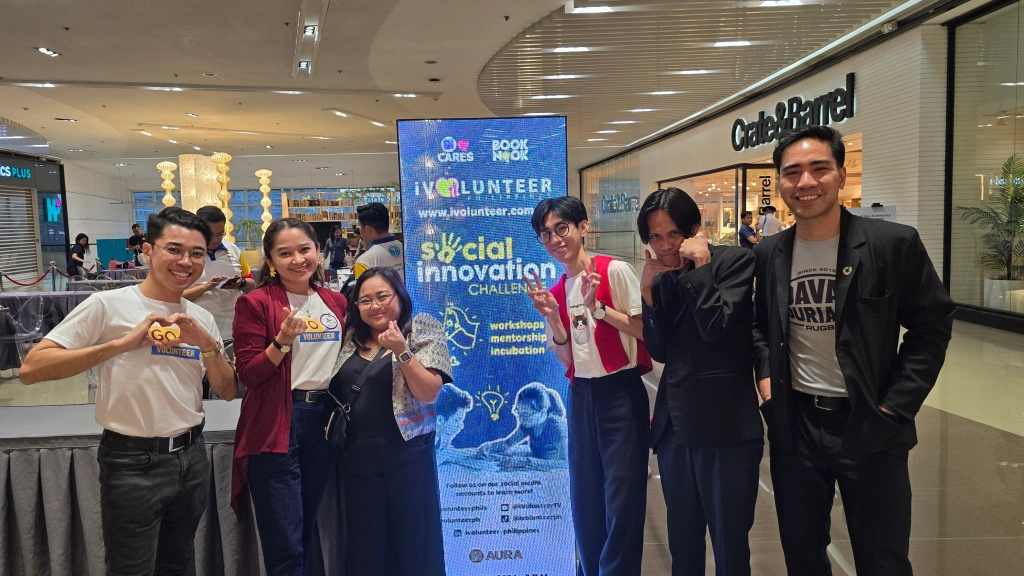
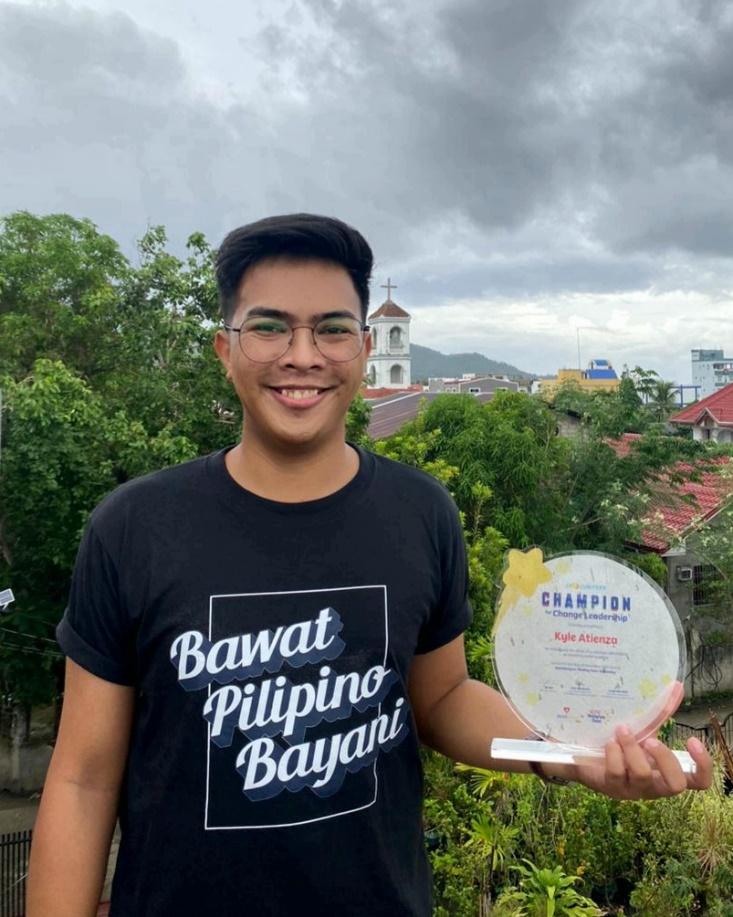
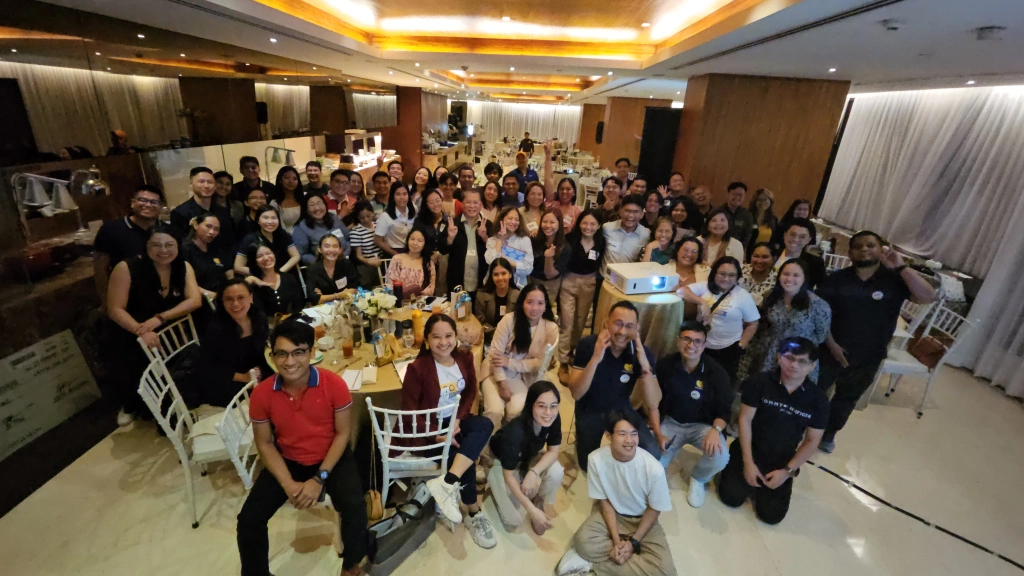
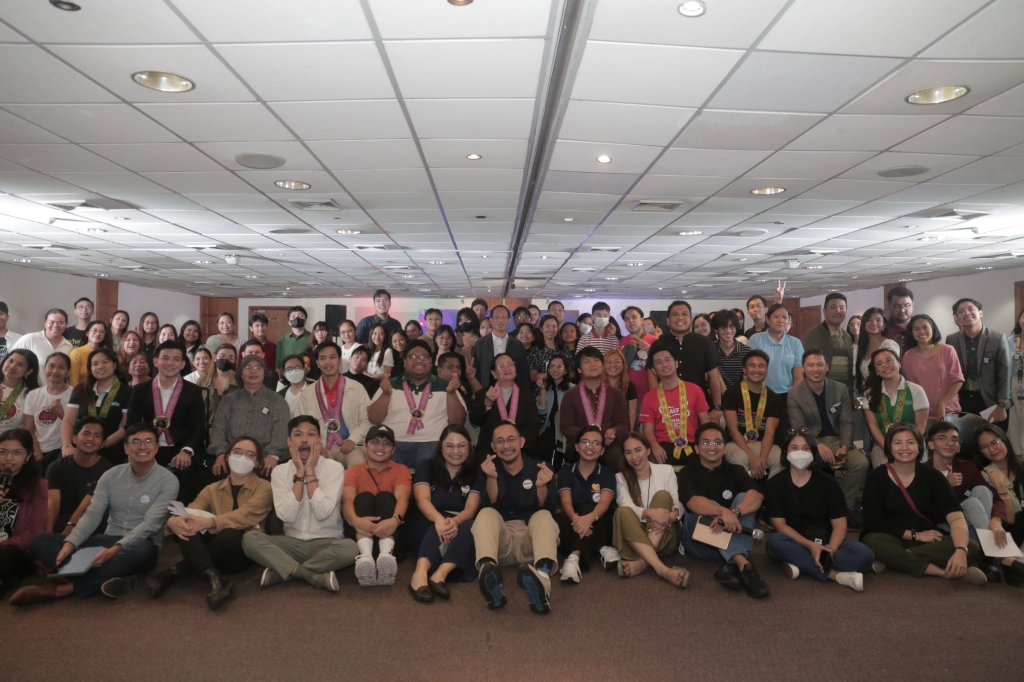
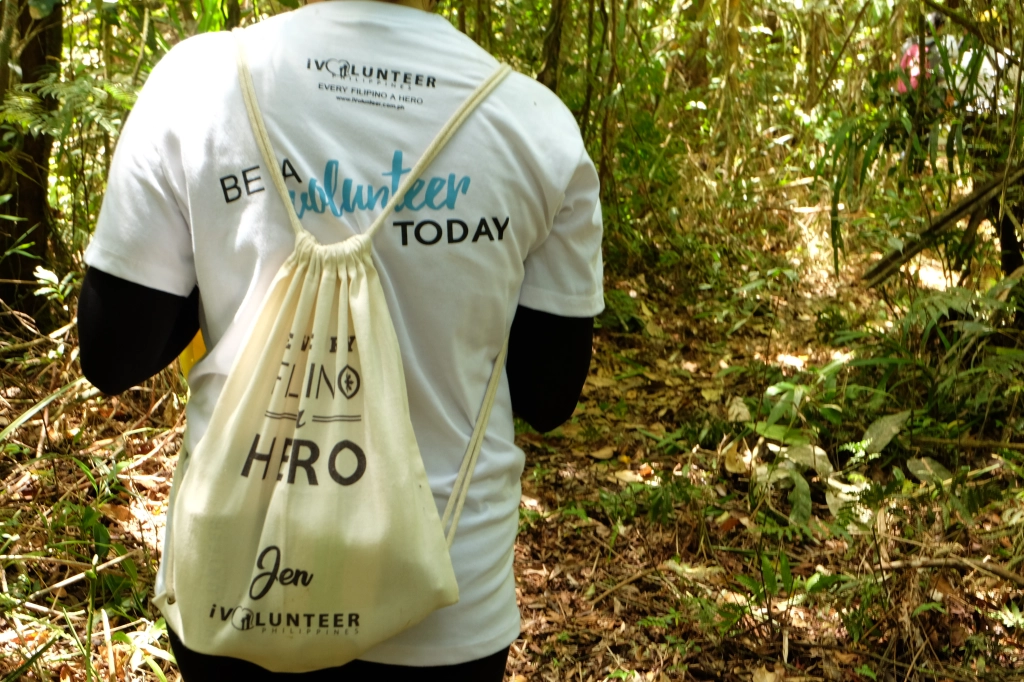
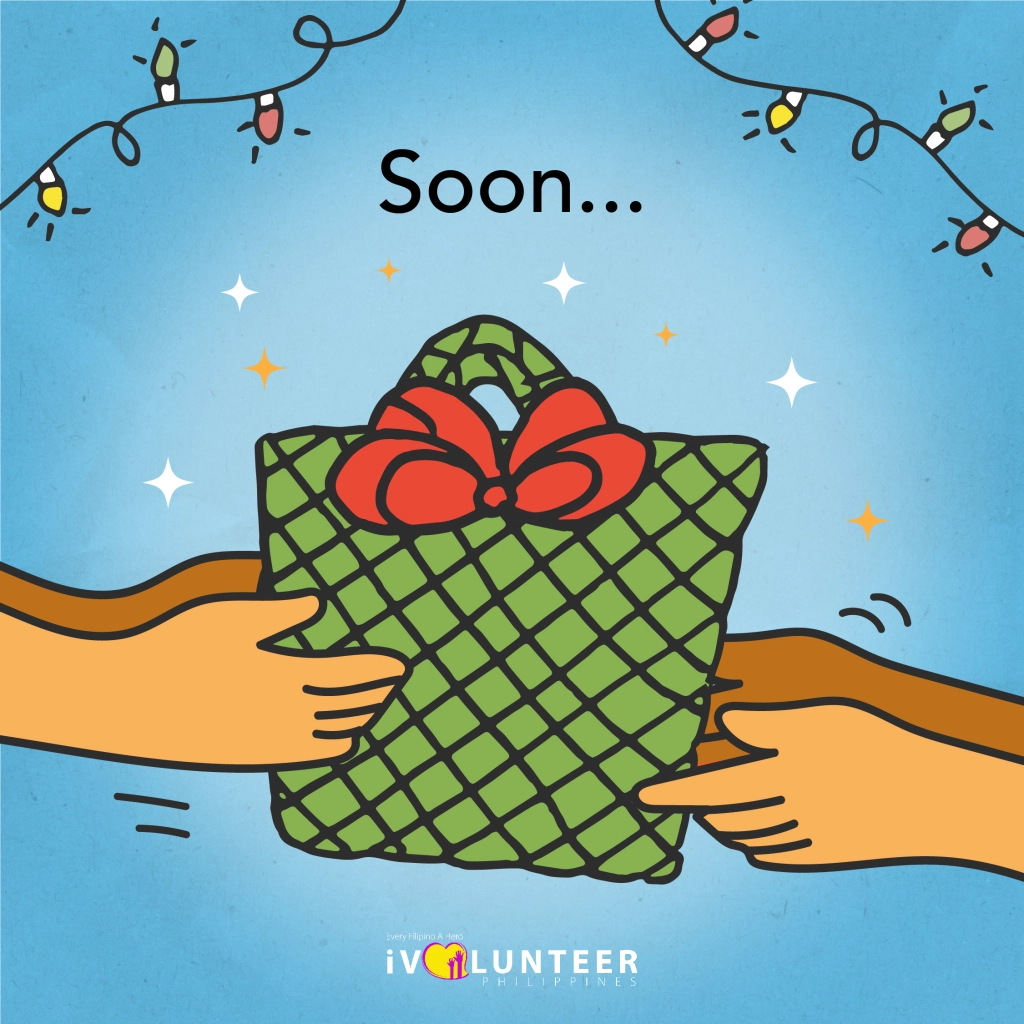
Leave a comment